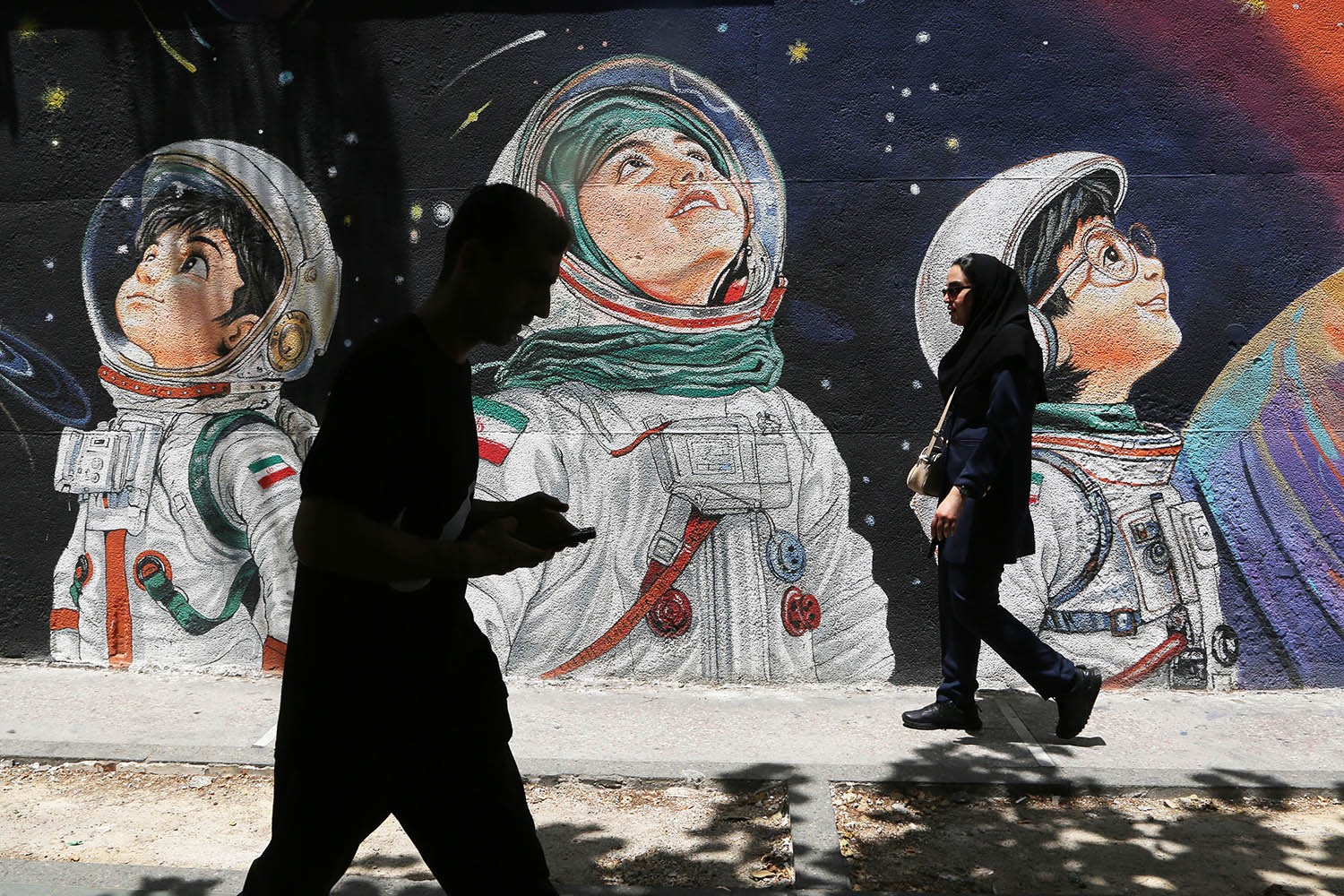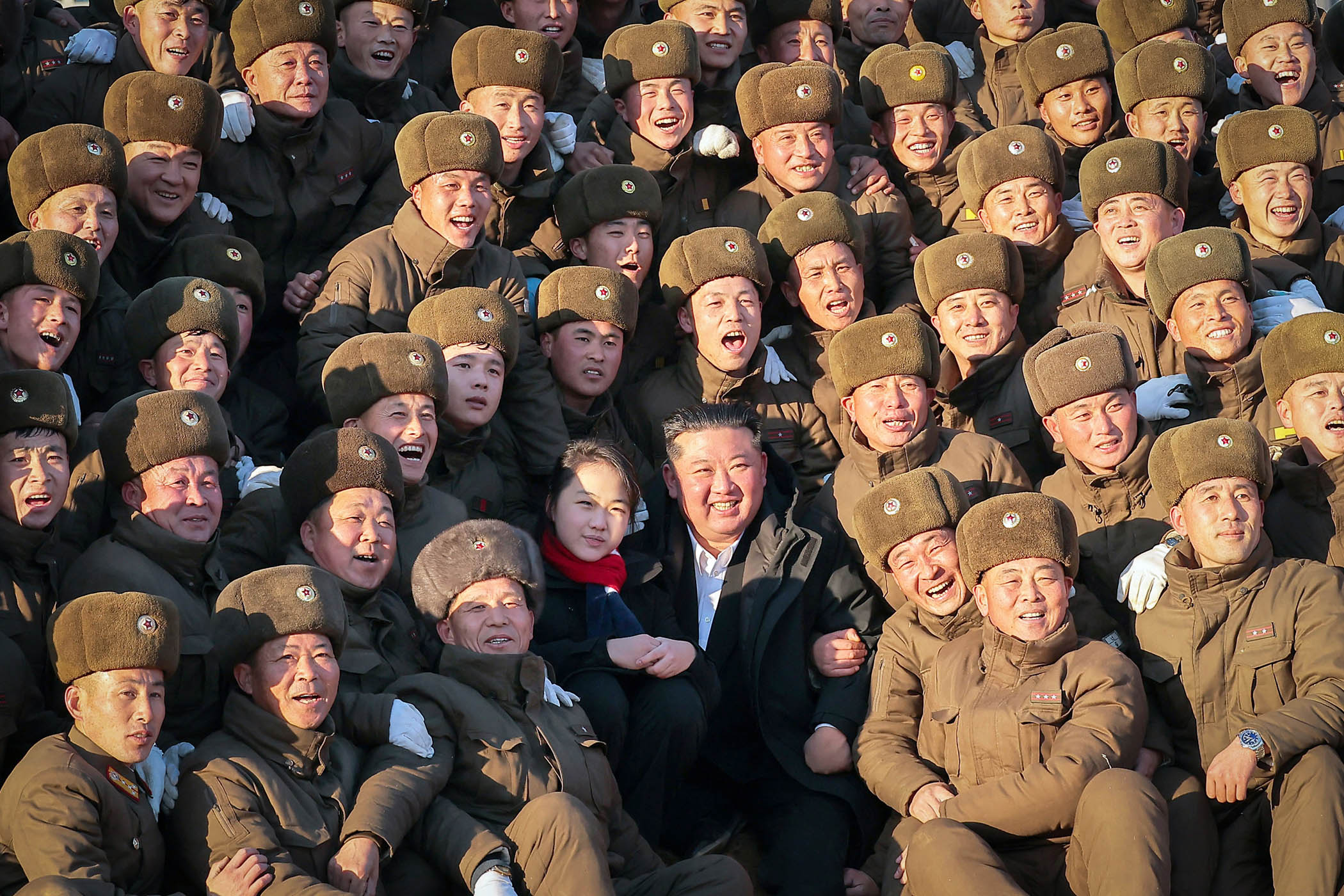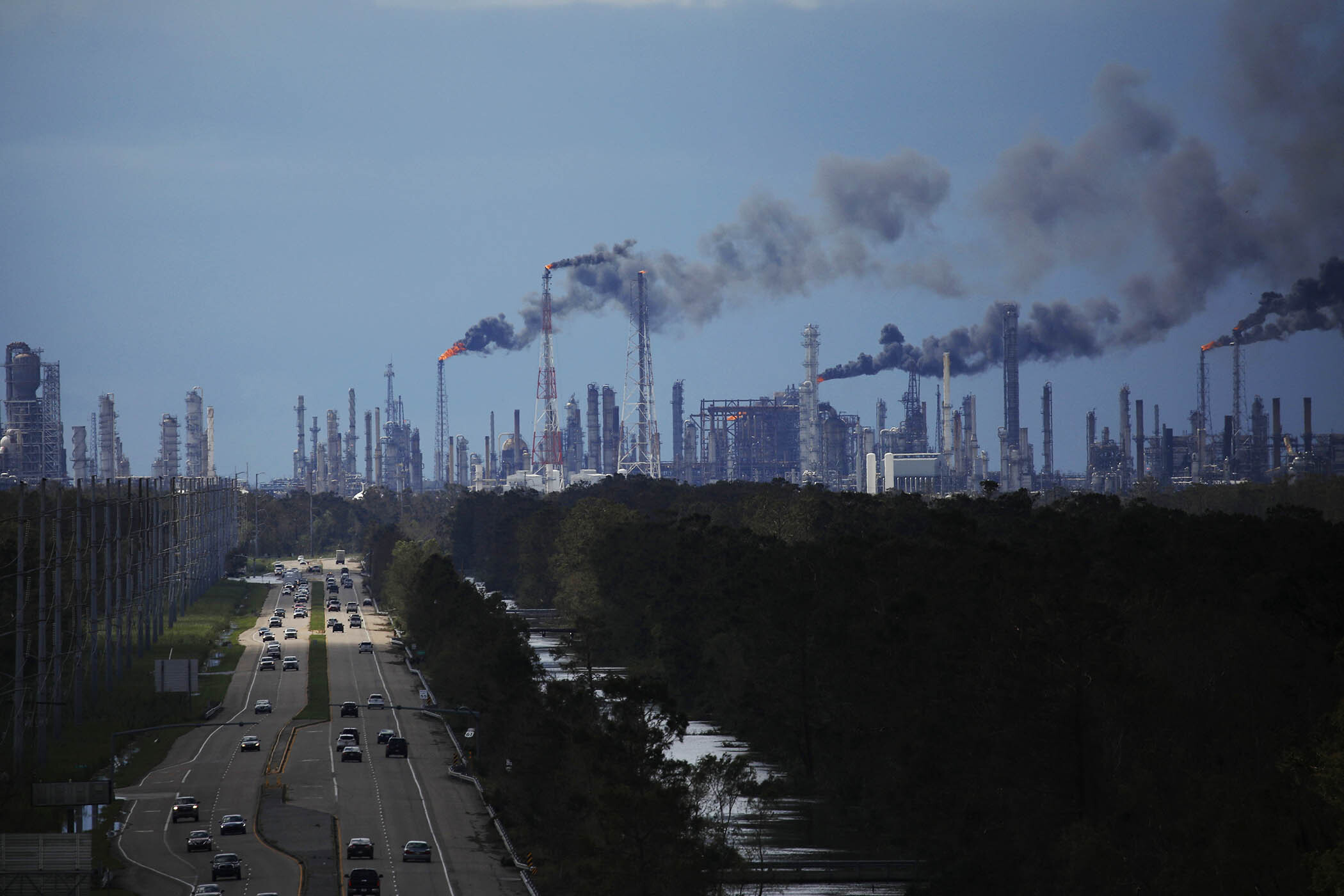It was the seventh day of war when Negin Farhoud’s internet connection briefly flickered back to life. The poet from Khuzestan had fled Tehran with her young son, heading south towards the very region where Iran’s last full-scale war, with Iraq, had begun. In that fragile window of connection, she posted a photograph of the balcony across from her temporary shelter.
“I used to glance at balconies and laundry lines and move on,” she wrote. “Now I count the women’s, men’s, and children’s clothes hanging there, trying to guess how many beloved lives are breathing in fear inside.”
Just before the country slipped into a nationwide blackout, I caught one last story on Babak Rashvand’s Instagram feed. The painter had posted a quiet photograph of his studio in the north of Tehran. In the image, several of his canvases were bubble-wrapped, as if to shield them, however modestly, from what might come next. The caption read: “Last moments in the painting workshop... I don’t know if I’ll ever be able to come back. I’m leaving this place with tears in my eyes.”
There was no drama, no overt despair – just that silent heartbreak of an artist leaving not only a space, but a way of being. That post disappeared hours later, swallowed by the silence now gripping much of Iran’s creative life.
There is a question that circles me like smoke: what is art’s purpose when people are dying? Is it to witness? To record? To provide a forgettable footnote? Or is it just a shadow trembling on the wall, unsure if it belongs?
This is no longer a philosophical riddle – it is the daily dilemma of Iranian artists trying to breathe, to write, to paint while their surroundings burn. I keep returning to these fragments – social media posts, voice notes, blurred images from basements and bus terminals. Perhaps this is what art becomes when survival takes centre stage. Not finished work. Not statements. Just breath – proof of life.
Here in London, I wake to sirens that aren’t real, phantom sounds lodged in memory. I check the news before I check the weather. I scroll through encrypted messages and wonder if silence means safety or a disappearance. Living at a distance doesn’t feel like a privilege – it feels like watching your house burn from behind a locked window. There is guilt. There is rage. And there is a helpless kind of witnessing that no poem can prepare you for.
In recent days I’ve spoken – quietly, in fragments – with friends who are still in Iran. Writers, poets, photographers. One writer sent only three words: “I’ve stopped writing.” Another, a young filmmaker in Shiraz, texted: “Do you think it’s betrayal if I keep editing my documentary while our city is being shelled?”
After days of silence, as the internet stuttered back to life in parts of Iran, a single phrase began appearing in stories and captions – its meaning sharpened by days of blackout and fear: “I'm still here, you bastards.”
The line is borrowed from Papillon, the prison novel turned cult film, now repurposed as a brittle cry of survival. It didn’t name its addressees but the message was clear: to those who invaded, and to those who severed the country’s voice from the world, we have not disappeared. Not yet.
Newsletters
Choose the newsletters you want to receive
View more
For information about how The Observer protects your data, read our Privacy Policy
Roxana Abasian, a young writer and book blogger, wrote: “For the first three days, I was petrified, furious, and in tears. That close encounter with death awakened something deep inside me. War feels like mourning – mourning for everything.”
Mehraveh Ferdosi, a writer and journalist, described reading Second-hand Time by Svetlana Alexievich in Tehran during the ninth day of war. She quoted a line attributed to the 19th century Russian writer Alexander Grin: “The future is no longer where it used to be. Second-hand time has arrived.” Then she added her own image: “The internet has come back for an hour, and the city feels like a stubborn little boy playing ball alone by his doorstep – rushing inside at the sound of each explosion, and then starting all over again.”
On the 11th day of war, Mehraveh wrote again. Tehran – normally loud, rushing, unstoppable – had slowed into its most unhurried, stunned version of itself. “A new sentence has entered our everyday language,” she wrote. “Which place did they hit?”
And today – 23 June – as I write these words, Mehran Moosavi, a writer and bookseller in Tehran, shared a pair of brief, trembling posts. “Despite the missiles, we have to get back to work. Maybe work can offer some kind of solace,” he wrote. Minutes later came another: “Tehran is under such heavy attack I thought the explosion was next door. It wasn’t – but it wasn’t far either.’’
A few minutes after, Samira Nik Noroozi, a historical linguist and book translator, wrote to me: “Today is the 10th day of war – a new zero point in the calendar of Iranians. Yesterday, I went to the Mellat cinema complex with a friend visiting from the US. They screened the film just for the three of us. Today, several sites near the cinema were bombed. If we had gone today instead of yesterday, we would likely be among the injured – or the dead.”
I told my friend: “We die twice. They killed our souls years ago. Now it’s Israel’s turn to take our bodies on the streets of Tehran. We have two enemies, and not a single friend waves to us.”
Azam Kianafraz, writer and director of Afraz Publishing, points to a deep tension within the Iranian psyche – one that may explain why some intellectuals and citizens have taken an unusual stance on the invasion of their homeland: “Why must everything in this country be treated as a security threat? Why should a government be so afraid of its own people?
“For years, the door to dialogue was shut. Every demand, every protest, was met not with engagement, but with repression, imprisonment, and executions. So it’s no wonder that now, at this critical moment, many of us are caught in conflict.
“Some among us have even welcomed the war – not because we desire violence, but because we have been humiliated and crushed for so long. We wonder, perhaps, whether fire and ruin might burn open a path to freedom.”
“Despite the missiles, we have to get back to work. Maybe work can offer some kind of solace”
“Despite the missiles, we have to get back to work. Maybe work can offer some kind of solace”
Mehran Moosavi, writer
But perhaps the hardest truth I’ve had to face while collecting these stories is this: the fear. Not just the fear of death, but the fear of saying anything at all. Friends I trust with my life hesitated to send even a sentence. They asked not to be named, not to be quoted.
I understand. I grew up in this system. I know how repression works – not just through the law, but through unpredictability. You never know where the red lines are because they move. You never know who is watching, or what will cost you your job, your family, your freedom. But the extent to which this fear has internalised itself – how deeply it has settled into the bones of those I love –that is what disturbs me most.
One of the most striking voices I encounter is Dr Mostafa Mehraeen, a sociologist and former colleague of mine in Tehran. He was arrested at the very start of this war, after months of outspoken criticism of the regime. From prison, he dictated a message to the administrator of his social media page in which he recalled a story told by Slavoj Žižek, a a Slovenian philosopher: “A man was travelling to the Soviet Union and had agreed with a friend that if things were terrible there, he would write with red ink. Later, a letter arrived. ‘Everything is fine here,’ it read. ‘The only problem is that red ink has become impossible to find.’”
Mehraeen goes on to criticise passivity, while calling on everyone to write and bear witness to what is happening: “I want to look at this from another angle. Why is it that so many of us refuse to write at all? Why do we complain about the state of things in private, curse the regime in whispers, yet do nothing publicly?
“Who else, if not the people of this country, should take responsibility for change? How much meaning does comfort have, if we’ve erased our own red ink before anyone could ban it?”
While the guilt belongs elsewhere, it is a moment of clarity – a brief window before the red pen truly disappears. A chance to tell our stories in our own ink, however much our hands shake. Because, as the US historian Hannah Arendt wrote, life itself is a narrative.
Sana Nassari is a British-Iranian poet, writer, translator, and art historian based in London. She has published a novel and a collection of short stories, These Two Roses. Her piece is published in association with Writers Mosaic, a division of the Royal Literary Fund
Photo by Fatemeh Bahrami/Anadolu via Getty


